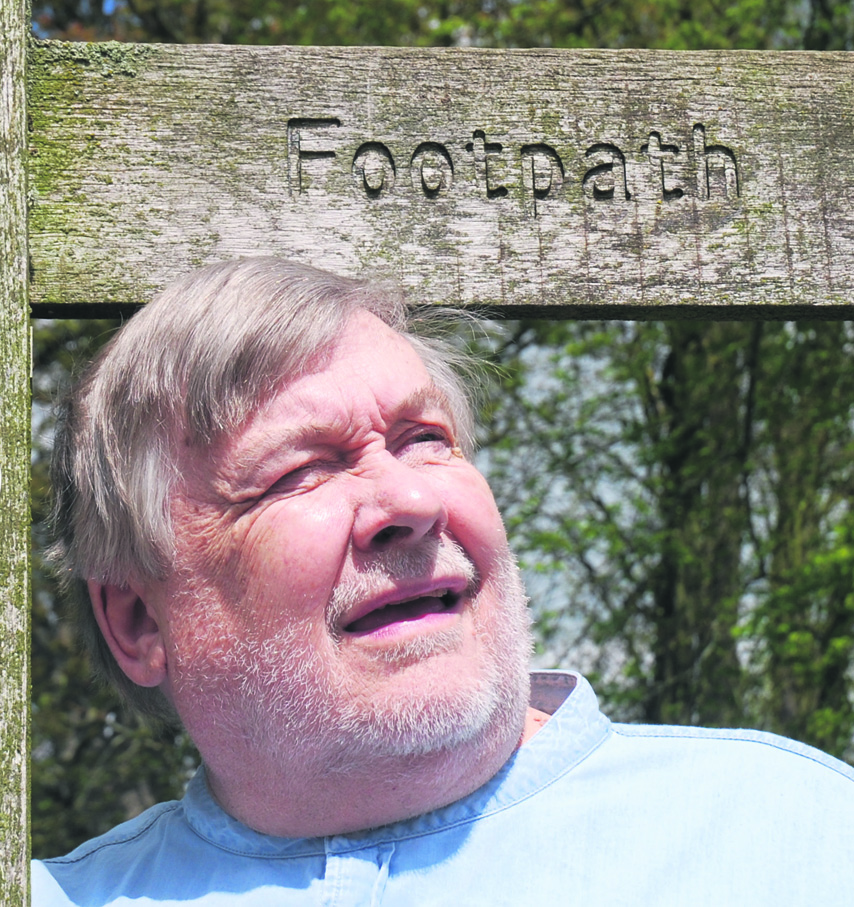Durham Miners’ Association general secretary ALAN MARDGHUM speaks to Ben Chacko ahead of Gala Day 2025

 Pete Seeger
[Josef Schwarz / Creative Commons]
Pete Seeger
[Josef Schwarz / Creative Commons] This year on May 3 we celebrate the centenary of the birth of an American icon, a polymath, an artist, activist, humanitarian, socialist and communist. Oh yes and also a pretty decent singer, songwriter, and banjo player.
That renaissance man is Pete Seeger. I say “is” not “was” because despite the fact that Seeger died in 2014 aged 94 he will be with us and singing by our side in political and environmental battles for decades to come.
Seeger found communist politics early. In 1936, at the age of 17, he joined the Young Communist League (YCL) and in 1942, he joined the Communist Party USA (CPUSA). Seeger seems to have given up his official party membership around 1949.
However there is no doubt that he considered himself a communist all his life; “I still call myself a communist,” he said in 1995.
Seeger was proud to have had friends who died fighting with the Abraham Lincoln Brigade in Spain, as part of the communist and republican opposition to Franco fascism. He recorded many of their songs.
Seeger was called before the House Un-American Activities Committee (HUAAC), the red-baiting body which like McCarthy demanded names of those suspected of being a communist for having anything but right-wing, racist, reactionary views.
The HUAAC would deprive thousands of Americans of their livelihoods and freedom. They managed to derail Seeger’s band, the Weavers, and got him blacklisted and banned from much recording, broadcasting and performing.
He refused to testify — to name names — before the HUAAC in 1955, was charged with contempt of congress in 1957 and sentenced to a year in prison in 1961, although the conviction was finally overturned. The incident put his career on hold for years to come.
Despite pressure from anti-communists in the US government and entertainment business Seeger visited the Soviet Union in 1965 and North Vietnam in 1972.
The fact that Seeger never hid his communist views presented a quandary for some — how could such a great humanitarian also be a communist? Seeger would argue that he had his views because, not despite of, his communist ideals.
It was the same when Nelson Mandela was released from prison and gained world acclaim. People like Maggie Thatcher, who had called Mandela a terrorist and campaigned for him to be hanged suddenly found him a hero.
What these people never grasped was that it was precisely Seeger’s (and indeed Mandela’s) socialist beliefs, reflected in his love of the multiracial, multiethnic communities along with devotion to those very communist principles that defined both of these men’s greatness.
Seeger was just one of the thousands who paid a high price with the infamous anti-communist blacklist. Some lost jobs, families, homes, some even their lives yet Seeger never wavered from his strongly held communist beliefs.
Even after leaving the Communist Party he remained a public friend and supporter of the party and a reader and supporter of the Communist Party USA newspaper People’s World right up until his death.
Seeger understood the American people and their incredibly diverse culture and heroic history of struggle. He made himself part of that radical patriotism with nearly a hundred years of activism.
Seeger not only joined every strike picket line, demonstration, peace vigil and singalong he came across, but he organised more than a few. Just three months before his death he dropped in on a meeting of Buffalo branch of the Communications Workers of America and led them in song.
Over his long life no-one understood better and described more eloquently the contributions of socialists and communists in the struggles to preserve, deepen and expand democratic rights; to achieve full racial and gender equality and LGBTQ rights; preserve and develop working-class culture; prevent US imperialist aggression, save the environment and defeat right-wing extremism.
Not just that, but Seeger always set each particular message to a singable tune. It was this man’s confidence in the power of working people to shape their destiny that made him a hero to millions.
He popularised the defining anthem of the modern civil rights era, We Shall Overcome and stood side by side with Martin Luther King to sing it.
He opposed many US wars from Vietnam to Iraq and dozens more. In November 1969, he led half a million protesters in singing Give Peace a Chance outside the White House.
He sang This Land Is Your Land on the steps of the Lincoln Memorial to celebrate Barack Obama’s inauguration, but marched with Occupy Wall Street protesters, many angry at Obama, in 2011.
He wrote or co-wrote such songs as Where Have All the Flowers Gone, If I Had a Hammer, and Turn! Turn! Turn! which became hits for performers ranging from The Byrds to Marlene Dietrich.
He was a true internationalist – when Seeger toured Australia in 1963, his single Little Boxes, written by fellow US communist Malvina Reynolds, topped the Australian hit parade. Seegers’ tour sparked a folk boom down-under, folk clubs sprung up all over Australia. Australian performers singing Australian folk songs changed Australian music and culture forever.
Another of many such examples, Seeger brought the skills of making steel oil pan drums from the West Indies to both the USA and Britain and the rest of the world.
Right up until the end of his life Seeger was an environmental crusader cruising the Hudson River in his sailing boat, Clearwater.
Many of the centenary tributes to Pete Seeger will concentrate on his music and leave his politics and activism to only a footnote. In fact Seeger’s political activities are indivisible from his music.
Pete Seeger died in New York on January 27, 2014, at the age of 94 but his voice will be heard for many decades to come.



















